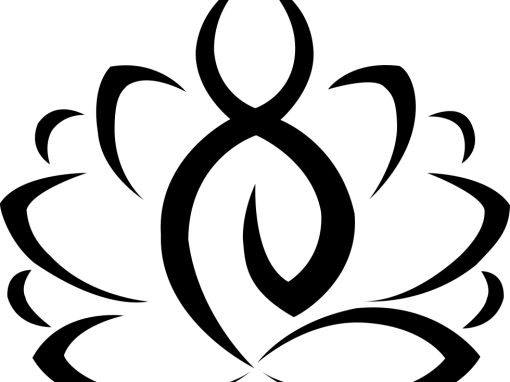Introduction to Stress and Relaxation
Stress is a common experience that affects everyone at some point. It can be caused by various factors such as work, relationships, finances, and health issues. While stress is a natural response to challenging situations, prolonged exposure to stress can adversely affect mental and physical health. Chronic stress can lead to anxiety, depression, high blood pressure, heart disease, and other health problems.
Relaxation is a way to combat stress and its harmful effects. It involves engaging in activities that promote calmness and reduce tension in the body and mind. Relaxation techniques such as deep breathing, meditation, yoga, and massage can help reduce stress levels and improve overall well-being.
The Benefits of Traveling
While it might seem counterintuitive, traveling for wellness can be a form of relaxation that offers numerous mental and physical health benefits. It provides an opportunity to escape from daily routines and responsibilities, which can be a source of stress. Traveling allows you to explore new places, meet new people, and engage in new experiences that promote relaxation and reduce stress.
Research has shown that traveling can positively affect mental health by reducing symptoms of depression and anxiety. It can also improve cognitive function by promoting creativity and problem-solving skills. Traveling has also been linked to physical health benefits such as improved cardiovascular health, reduced risk of chronic diseases, and increased physical activity.
Exploring Different Cultures
Experiencing new cultures while traveling can broaden your perspective and reduce stress levels. Learning about different cultures can help you better understand the world around you and promote empathy toward others. It can also allow personal growth by challenging one’s beliefs and assumptions.
Learning about different cultures can also promote relaxation by providing a sense of novelty and excitement. Engaging in cultural activities such as trying new foods, attending festivals or events, or visiting historical sites can be a source of enjoyment and relaxation.
Taking Time for Yourself
Taking time while traveling is essential for promoting relaxation and reducing stress levels. Getting caught up in the excitement of exploring new places and remembering to prioritize self-care can be easy. However, taking time to rest, recharge, and engage in activities that promote relaxation can help you make the most of your travel experience.
Ways to prioritize self-care while traveling include setting aside time for activities such as reading, journaling, or practicing yoga. It is also essential to listen to your body’s needs and take breaks when necessary. Engaging in activities that promote relaxation can help you feel more energized and refreshed while traveling.
Finding Balance in Nature
Spending time in nature has been shown to have numerous benefits for mental and physical health. It can reduce stress levels, improve mood, and promote feelings of well-being. Nature provides an opportunity to disconnect from technology and daily stressors and connect with the natural world.
Incorporating nature into travel plans can be a source of relaxation and stress relief. Activities such as hiking, camping, or visiting national parks allow one to immerse oneself in nature and reap its benefits.
Recharging Your Mind and Body
Traveling can help you recharge your mind and body by providing a break from daily routines and responsibilities. It allows you to disconnect from work or other stressors and engage in activities that promote relaxation.
Taking a break from daily routines can also improve cognitive function by promoting creativity and problem-solving skills. It can also allow personal growth by challenging one’s beliefs and assumptions.
Making the Most of Your Travel Experience
Maximizing the relaxation benefits of travel involves planning and prioritizing self-care. Optimizing your travel experience includes setting aside time for relaxation activities, incorporating nature into your travel plans, and taking breaks when necessary.
Being flexible and open to new experiences while traveling is also essential. Embracing the unexpected can lead to new opportunities for relaxation and stress relief.
Traveling can be a powerful tool for promoting relaxation and reducing stress levels. It provides an opportunity to escape from daily routines and responsibilities, explore new places, and engage in activities that promote well-being. By prioritizing self-care and embracing new experiences, you can make the most of your travel experience and reap its benefits for mental and physical health benefits.







